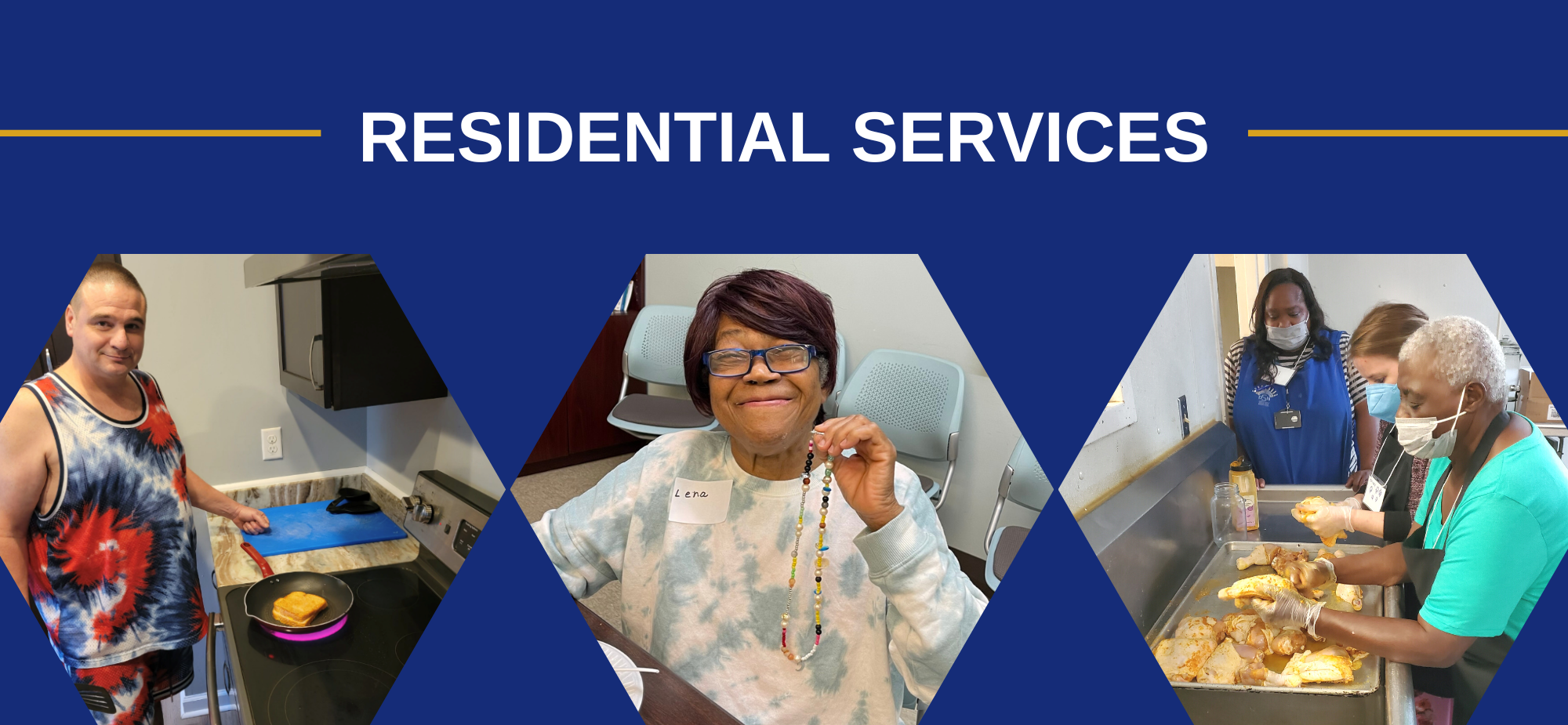
Beaufort County Disabilities and Special Needs (BCDSN) offers residential services that support fifty one individuals in a number of different living situations that accommodate their needs.
To be considered for a residential placement, an individual would be placed on a statewide critical placement list managed by South Carolina Beaufort County Department of Disabilities and Special Needs. If a vacancy occurs in one of the residential facilities in Beaufort County, the department has to fill that vacancy with an individual on the statewide critical placement list first. If other boards throughout the state have a vacancy, they would also place from the critical placement list.
Individuals who are not eligible for the critical placement list could be on waiting lists for placement if funding allows for the development of additional beds statewide.
Types of Residential Placement
- CTH II - There are currently eleven Community Training Homes II. Each has four individuals living as a family unit with 24-hour staff support. Individuals learn skills that are needed in their everyday lives, such as cooking, cleaning, and independent living. Many have jobs during the day. Community involvement is encouraged.
- SLP – The Supported Living Program is for individuals who can live independently in their own home or apartment. Staff is available 24 hours a day to help with emergencies and to provide training to assist in gaining total independence. All have jobs or income sufficient to maintain independent living. Six individuals are currently supported in this program.
- CTH I - There is currently one Community Training Home I. This a private home in the community that supports one individual.
Philosophy for Residential Placements
- Individuals should be in the least restrictive placement possible.
- The homes where the individuals reside are theirs with staff only present to ensure safety and meet needs they cannot meet on their own.
- Training is always present in the hope that an individual can move forward to a less restrictive placement.
- Individuals make their own choices; self-direction is encouraged.
- We treat all residents as adults, not children.
- We encourage family participation and welcome family involvement.
Services Needed
- Volunteers to assist in community outings and community events
- Individuals to serve on the Human Rights Committee
- Family members to participate in the Family Advocacy Group
Residential Living
An individual receiving residential services lives in spaces that include ADA accommodation, and individuals receive assistance and reassurance with daily living activities, as needed, in order to encourage independence. It also helps them remove barriers preventing self-actualization. Families are encouraged to visit as much as an individual would like, and individuals are allowed to visit their family members outside of the facility with direction and communication from residential staff.
For more information on Residential Services, visit our Frequently Asked Questions page HERE